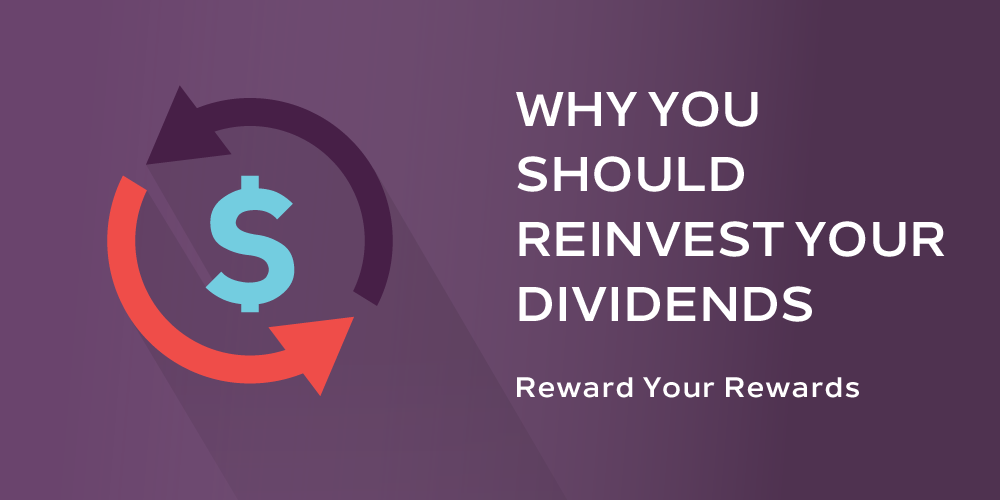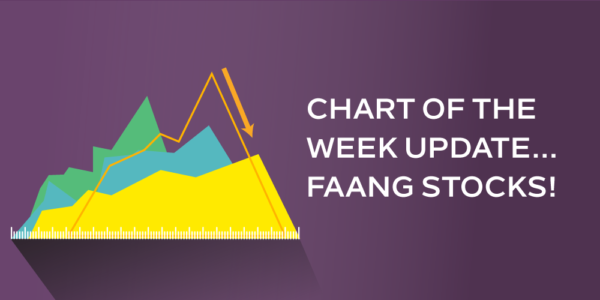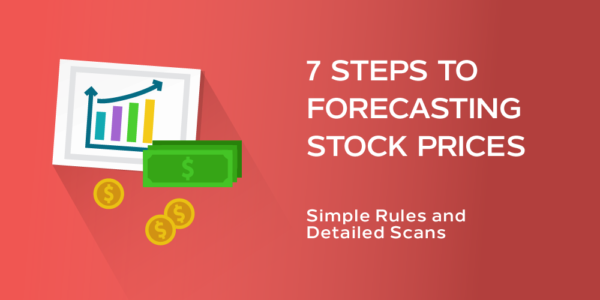
Not only can dividend investing help you achieve your long term financial goals, reinvesting dividends can accelerate your wealth building. A dividend is s sum of money that is paid out by a company to its shareholders on a regular basis.
They’re either derived from profits or cash reserves. In other words, a dividend is a “reward” for investing your cash into the company through ownership of its stock.
Reinvestment of dividends simply means taking any dividends you earn and putting that money in additional shares of the company.
Can You Show Me An Example?
Let’s sat you own 1000 shares of company at a current stock price of $40 per share. The current dividend yield is 2.5 percent. This means that the company pays an annual dividend of $1.00 per share.
If you own 1000 shares of a company paying a $1.00 annual dividend, this means that you will be “rewarded” with dividend payments of $1000 for the year.
You could do one of two things with this $1000 reward. You could take these dividends and invest the money elsewhere, or you can take these dividends and buy more shares of the same company.
With the stock currently trading at $40 per share, $1000 earned through dividends could buy you another 25 shares of stock.
If the dividend yield remains the same, that extra 25 shares can now potentially earn you an additional $25 in annual dividend payments.
The more shares you hold, the more you can earn in dividends. This strategy can produce a powerful compounding effect on your holdings. Dividend reinvestment allows you to also potentially improve your overall cost basis on the stock.
For example, when you receive dividends for the past year, the stock may no longer be at $40 per share. Suppose it’s now at $38 per share. Even at this price you are effectively lowering your overall cost basis by reinvesting your dividends.
Should Everyone Reinvest Dividends?
No. While for long-term investors this strategy may make a great deal of sense, for those on shorter time horizons it may not be such a great idea. There is always risk in holding stock. The dividend could be lowered or cut completely, and the stock price can also decline. Those with less time until retirement may elect to cash out dividends and put them to work in something more conservative such as a money market fund. For those with a lot of time until retirement and who can tolerate potential fluctuations in the stock price and possible changes in dividends, this strategy can potentially offer some significant advantages.










